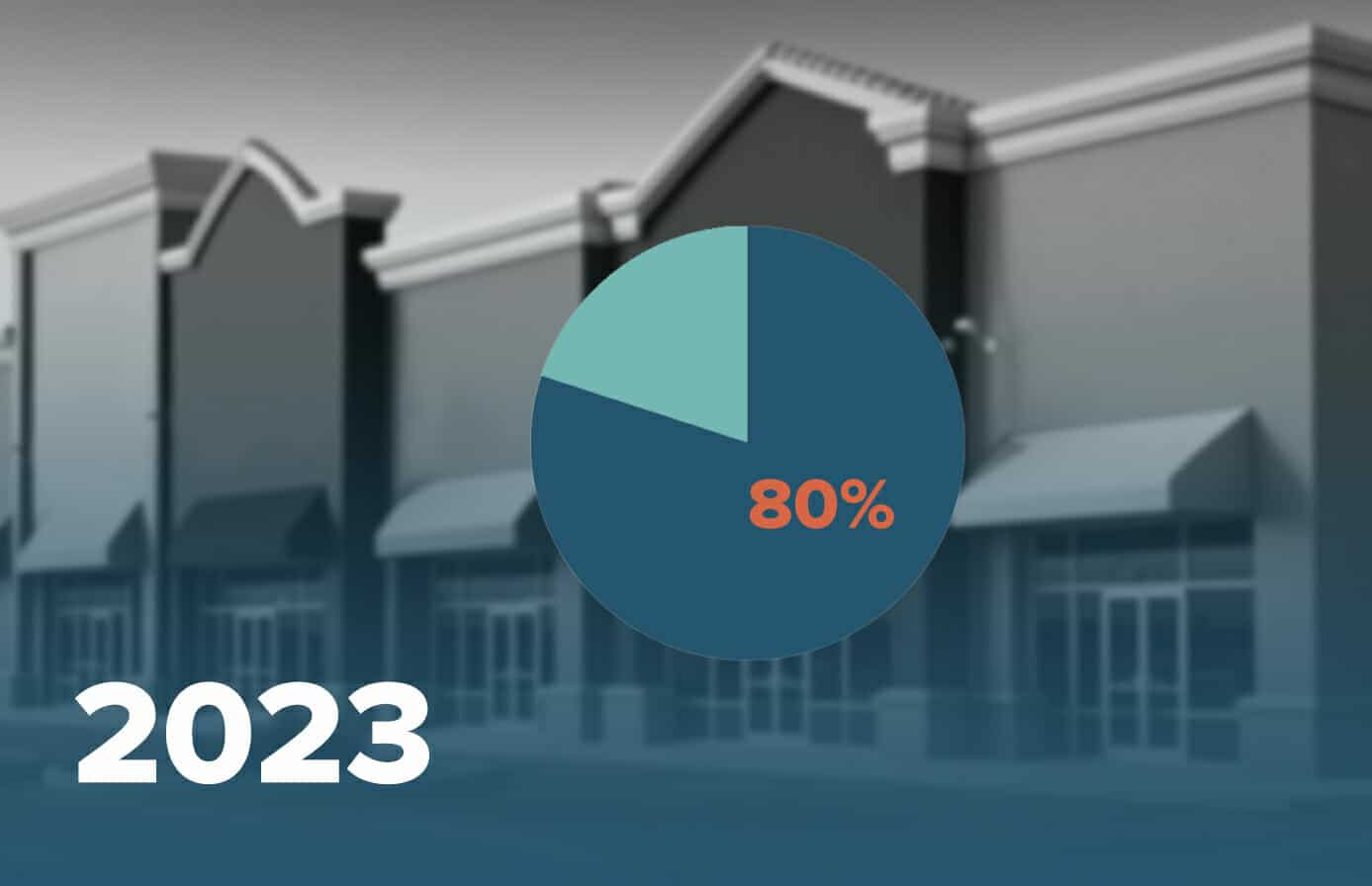Introduction
Property investors who want to maximize their returns should be aware of an upcoming tax law change that may affect their ability to do so. In this blog post, we will outline the planned reduction of bonus depreciation rates in years to come and explain why you should conduct a cost segregation study before the end of 2023.

What Is Cost Segregation?
Cost segregation is a tax planning technique used by property owners to reallocate the costs of acquiring, constructing or improving a property into different tax categories with varying depreciation periods. The primary purpose of cost segregation is to accelerate the tax depreciation of the property, which results in significant tax savings for the property owner.
Under standard tax laws, real property is typically depreciated over a 27.5-year or 39-year period. However, many components of a property—such as electrical systems, plumbing systems, carpets and cabinetry—have much shorter useful lives and can be depreciated over 5, 7, or 15 years. By performing a cost segregation study, a property owner can identify these shorter-lived assets and reclassify them as personal property, allowing for quicker depreciation and resulting in a lower taxable income in the early years of property ownership.
What Is Bonus Depreciation?
Bonus depreciation is a tax provision that allows property owners to claim an additional depreciation deduction in the first year that a property is placed in service. This provision is designed to stimulate investment in new and used property by reducing the tax burden associated with those investments.
In the context of cost segregation, bonus depreciation can be a particularly powerful tool for property owners. By allocating a portion of the property's cost to assets with shorter depreciation periods, cost segregation makes it possible to take advantage of bonus depreciation in the first year that the property is placed in service. This can result in substantial tax savings as the property owner is able to claim a larger depreciation deduction in the first year of ownership.
Why Is Now the Best Time to Get a Cost Segregation Study
Simply put, time is running out for those looking to take advantage of a favorable bonus depreciation tax law. The Tax Cuts and Jobs Act (TCJA) of 2017 introduced a 100% bonus depreciation rate for properties acquired between 2017 and 2022, but this highly lucrative rate has now begun to sunset. Bonus depreciation rates for upcoming years are outlined below:
- Properties acquired in 2023 — 80%
- Properties acquired in 2024 — 60%
- Properties acquired in 2025 — 40%
- Properties acquired in 2026 — 20%
- Properties acquired in 2027 or later — 0%
Property investors should be mindful of these declining rates and hurry to take advantage of bonus depreciation before the program sunsets entirely.
Conclusion
Now is the time to start thinking about cost segregation if you don’t want to miss out on valuable bonus depreciation. Engineered Tax Services is a leading specialty tax firm that has been conducting cost segregation studies for more than 20 years now, making us uniquely qualified to serve you. Contact us today to reap the benefits of 80% bonus depreciation before time runs out.



